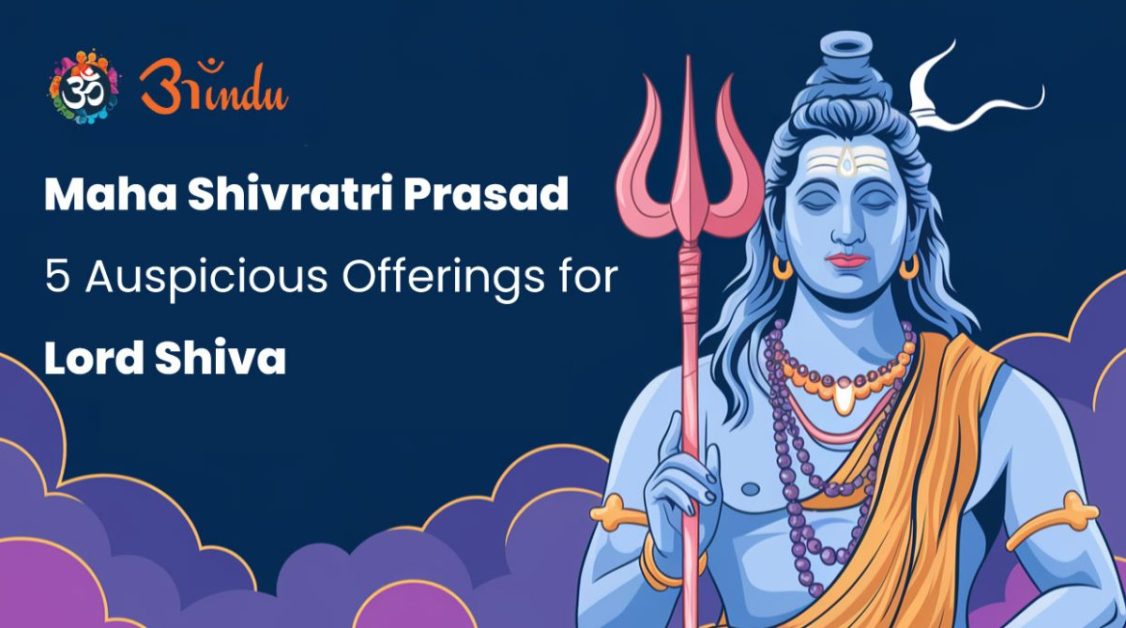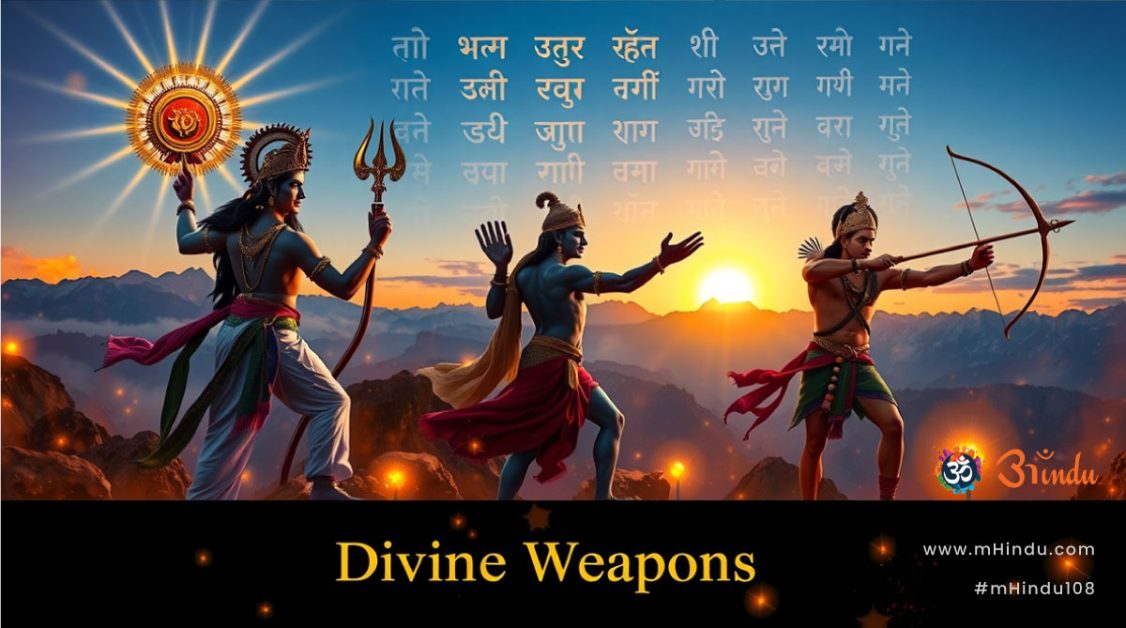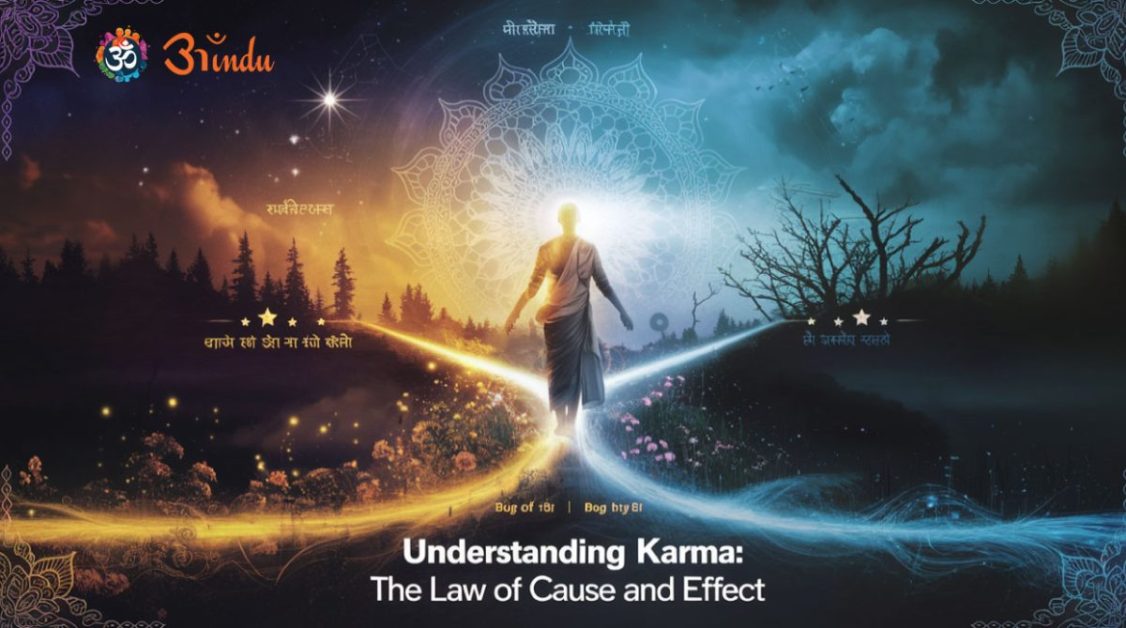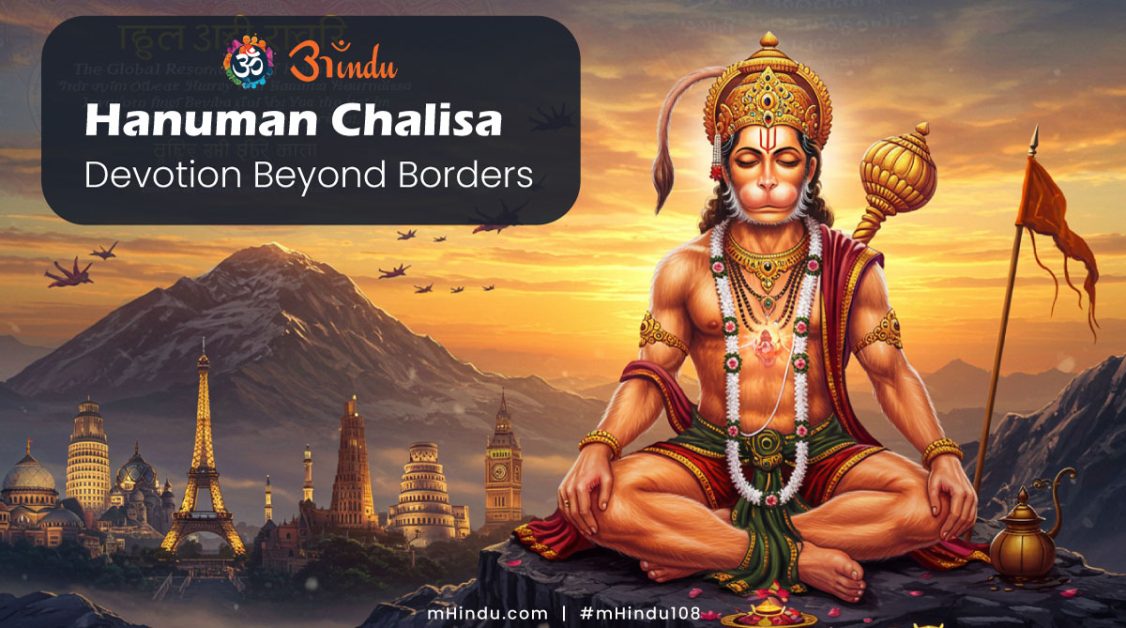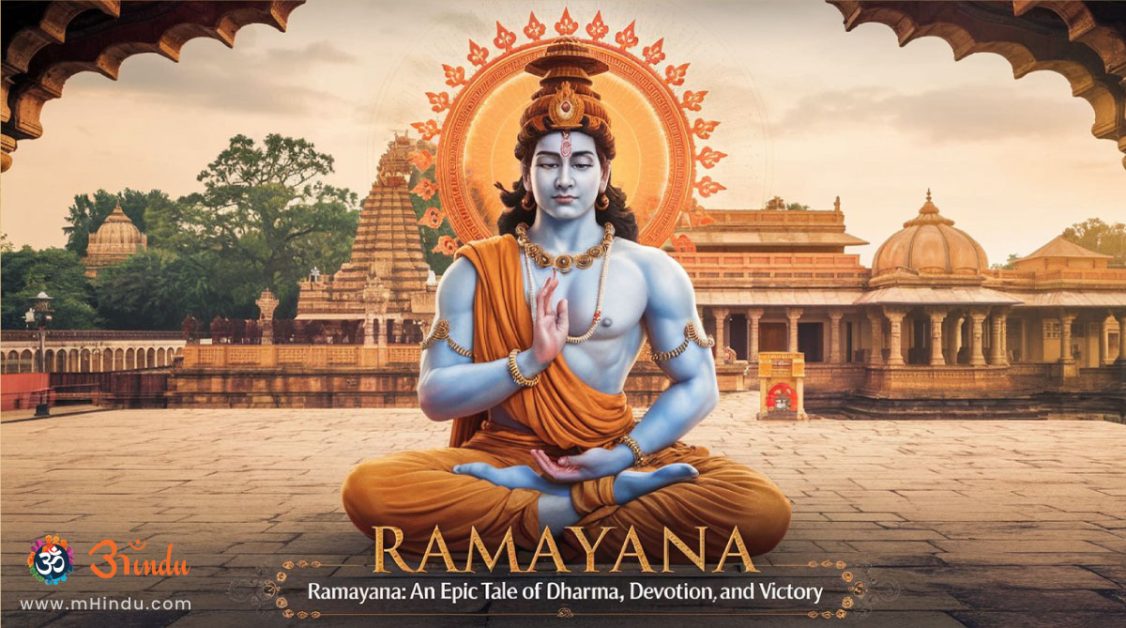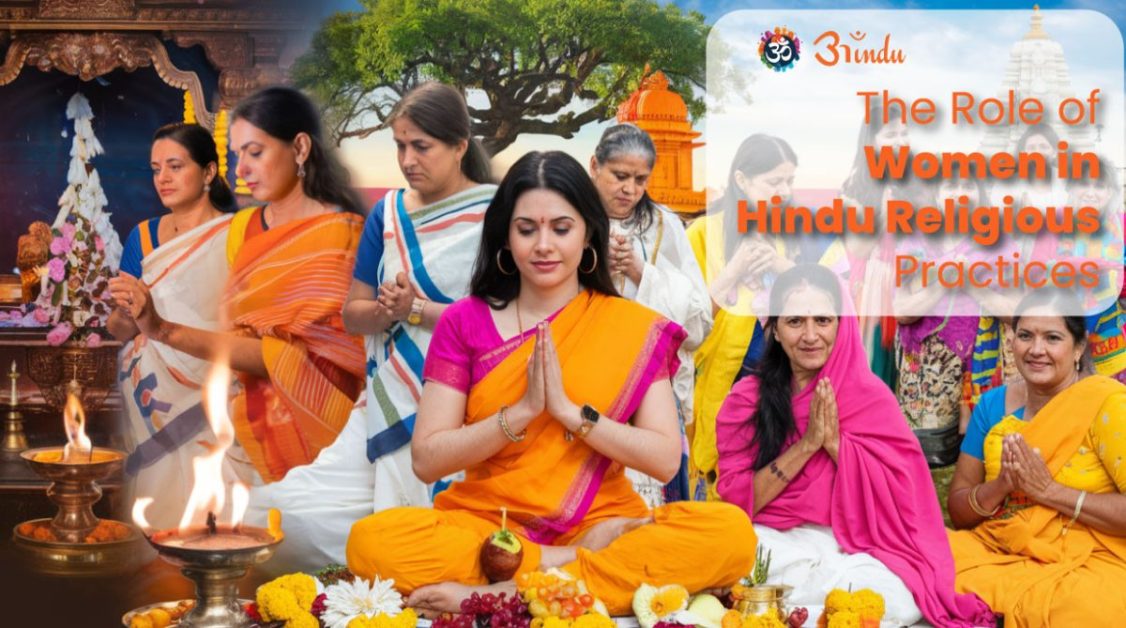
The role of women in Hindu religious practices is complex and multifaceted, spanning a wide spectrum of participation and influence. While often portrayed simplistically, the reality is far more nuanced, reflecting the diverse traditions and regional variations within Hinduism itself. This exploration delves into the historical, scriptural, and contemporary roles of women in Hindu rituals, festivals, and spiritual life, acknowledging both the challenges and the profound contributions they make to the fabric of Hindu faith.
Explore Blog Content
ToggleHistorical Context: From Ancient Times to the Present
Understanding the historical context is crucial for grasping the evolution of women’s roles in Hindu religious practices. In ancient Vedic times, women held positions of considerable influence. They composed hymns found in the Vedas, participated in religious ceremonies, and some even attained the status of rishikas (female seers). However, over time, societal structures shifted, and women’s roles became increasingly defined within the domestic sphere. The Dharmashastras, ancient legal texts, while sometimes contradictory, often emphasized a woman’s duty to her husband and family, impacting their participation in certain public religious activities.
Despite these shifts, women continued to play vital roles in maintaining family traditions and transmitting religious knowledge within their communities. They were the primary custodians of domestic rituals, responsible for daily prayers, offerings, and the observance of fasts and festivals within the household. This domestic sphere, while often overlooked, is a crucial space for religious practice and the transmission of faith across generations.
"The real India resides in its villages; where women, with their unwavering faith and resilience, are the true custodians of our cultural heritage."
Scriptural Perspectives: Diverse Voices
Hindu scriptures present a diverse range of perspectives on women’s roles. While some texts emphasize a woman’s subservient role, others celebrate female divinity and the power of feminine energy (Shakti). The concept of Shakti is central to understanding women’s significance in Hindu religious practices. Shakti is the dynamic force that animates the universe, and it is often personified in the form of goddesses like Durga, Lakshmi, and Saraswati. These goddesses are not merely consorts to male deities; they are powerful and independent figures who embody different aspects of the divine feminine.
The stories of these goddesses, found in Puranas and other scriptures, highlight their strength, wisdom, and agency. They are revered as sources of power, prosperity, and knowledge. This veneration of the divine feminine provides a powerful counterpoint to narratives that confine women to purely domestic roles.
Ritual Roles: Active Participation
Women play active and essential roles in various Hindu rituals. They are often the primary performers of pujas (worship ceremonies) within the home, offering prayers, flowers, and food to deities. They observe fasts (vratas) for the well-being of their families and participate in religious festivals with great enthusiasm. Their participation is not merely passive; they often lead the singing of bhajans (devotional songs), tell stories from scriptures, and transmit religious traditions to younger generations.
In many Hindu communities, women also play significant roles in temple rituals. While some temples may have restrictions on female priests, women often participate in temple processions, sing devotional songs, and offer prayers. Their presence is considered auspicious and essential for the sanctity of the temple.
Festivals and Celebrations: Women at the Forefront
Hindu festivals are vibrant expressions of faith, and women are often at the forefront of these celebrations. Festivals like Navratri, dedicated to the goddess Durga, and Diwali, the festival of lights, are marked by women’s active participation. They prepare traditional foods, decorate homes, perform rituals, and gather with family and friends to celebrate. These festivals provide opportunities for women to express their devotion, strengthen community bonds, and transmit cultural traditions. Festivals like Teej and Karva Chauth are specifically dedicated to women and celebrate their roles in family life.
"We need to awaken the Shakti within ourselves, the divine feminine energy that empowers us to overcome challenges and create a better world."
Spiritual Leadership: Gurus and Saints
While less common, there have been numerous examples of women who have attained positions of spiritual leadership in Hinduism. They have served as gurus (spiritual teachers), saints, and mystics, guiding others on the path of spiritual realization. Their wisdom and devotion have inspired countless followers and contributed to the richness of Hindu spiritual traditions. These women demonstrate that spiritual leadership is not confined to men and that women are equally capable of profound spiritual insight. Spiritual Leaders like Anandamayi Ma and Mirabai are revered figures who exemplify this.
Challenges and Ongoing Evolution
Despite the significant contributions women make to Hindu religious practices, challenges remain. Traditional gender roles and societal expectations can sometimes limit women’s participation in certain religious activities. Issues like access to priestly roles and the interpretation of certain scriptures continue to be debated within the Hindu community. However, there is a growing movement within Hinduism to address these challenges and promote greater inclusivity. Many Hindu organizations and reform movements are working to empower women and ensure their full participation in all aspects of religious life. Women’s Rights and Gender Equality are increasingly discussed within the context of Hindu tradition.
The Future of Women in Hinduism
The role of women in Hindu religious practices is constantly evolving. As society changes and women’s roles expand in other spheres of life, their participation in religious activities is also likely to transform. There is a growing recognition of the need to reinterpret traditional texts and practices in light of contemporary values of equality and justice. The future of Hinduism depends on embracing the full potential of all its members, both men and women, and creating a more inclusive and equitable religious community. Inclusivity is key to the ongoing evolution of Hindu practice.
FAQs
- Can women be priests in Hinduism?
While traditionally priestly roles were dominated by men, some temples and communities are now embracing female priests, reflecting a growing movement towards inclusivity. - What is the significance of goddesses in Hinduism?
Goddesses represent the divine feminine energy (Shakti) and embody various aspects of the divine, such as power, prosperity, and knowledge. They are revered figures of worship. - How do women participate in Hindu festivals?
Women play a vital role in Hindu festivals, preparing food, decorating homes, performing rituals, singing devotional songs, and transmitting cultural traditions. - What are some examples of women spiritual leaders in Hinduism?
Figures like Anandamayi Ma, Mirabai, and Gargi are examples of women who have attained significant spiritual leadership roles in Hinduism. - What is the concept of Shakti in Hinduism?
Shakti is the dynamic feminine energy that is believed to be the driving force behind the universe. It is often personified in the form of various goddesses. - Are there restrictions on women’s participation in some Hindu rituals?
Yes, some traditional practices and interpretations of scriptures may restrict women’s participation in certain rituals, though these are increasingly being challenged. - How is the role of women in Hinduism evolving?
The role is evolving with increasing discussions about gender equality and inclusivity, leading to greater participation in all aspects of religious life. - Where can I learn more about women’s roles in Hinduism?
Consult scholarly articles, books on Hinduism, and engage with Hindu communities and organizations to gain a deeper understanding of this complex topic.

